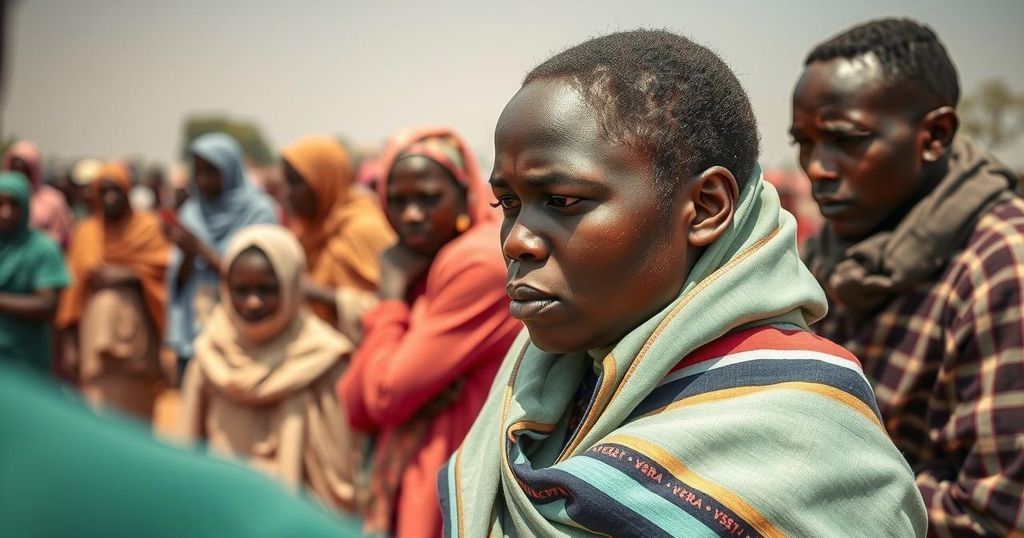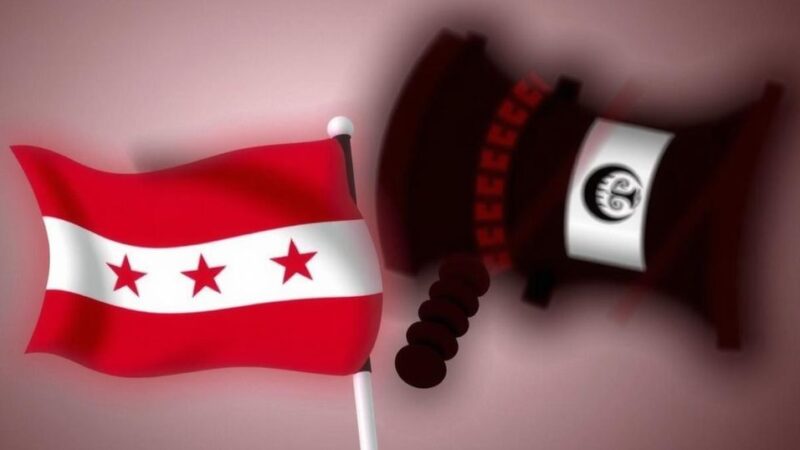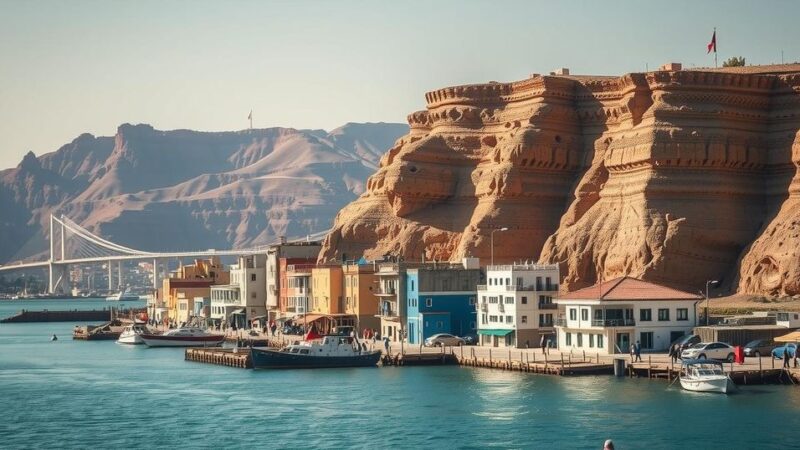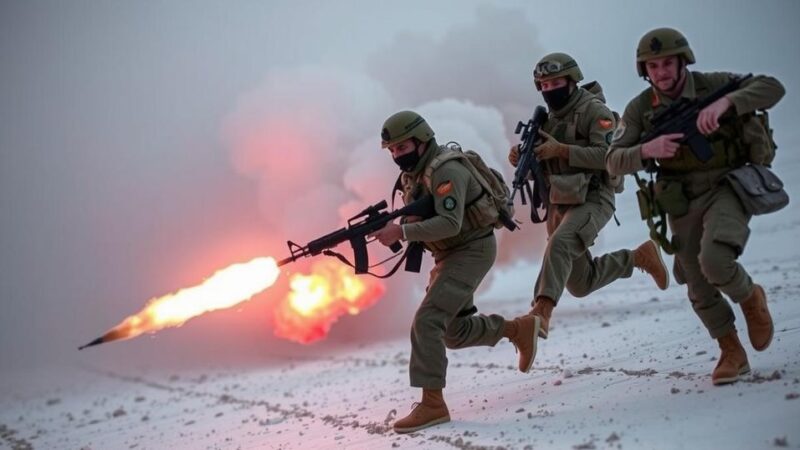Sudan’s ongoing crisis has been largely neglected by the global community, leading to a dual currency system reflecting the stark divisions within the country. Its citizens face dire humanitarian challenges and economic crises due to this division, while the world remains indifferent to Sudan’s suffering. The situation evokes troubling memories of past separations, highlighting the urgent need for international awareness and intervention.
The crisis in Sudan has seemingly dropped from the global agenda, with the international community, media, and humanitarian organizations largely neglecting its situation. Abandoned and forgotten, Sudan remains shrouded in mystery regarding military advances, faction control, victimization, and the humanitarian consequences affecting its populace. Notably, the country now operates with dual currencies; those governed by the Sudanese army under Abdel Fattah al-Burhan utilize one currency, while areas controlled by the Rapid Support Forces, led by Hamdan Dagalo (Hemedti), employ another. This division echoes the historical context of South Sudan, as citizens increasingly grapple with two distinct halves of their nation. The term “old currency states” and “new currency states” has emerged in local discourse, highlighting this disunion. Unfortunately, the world appears indifferent to Sudan’s plight, leaving its citizens to hope for divine rather than human intervention amidst the unfolding crisis.
Sudan is experiencing a complex humanitarian and political crisis marked by internal divisions and factional control. The ongoing struggles have resulted in two separate economic systems established by differing military authorities, complicating life for Sudanese citizens. The issue is exacerbated by a lack of international attention; while other global crises, such as those in Syria, Palestine, Ukraine, and issues surrounding Iran, continue to attract significant focus, Sudan remains overlooked, thereby hindering any potential solutions to its plight. The dual currency scenario symbolizes deeper socio-political rifts reminiscent of South Sudan’s past divisions, evoking fears of further fragmentation and instability.
The situation in Sudan is dire and requires urgent attention from the international community. As the nation grapples with significant internal divisions, the emergence of dual currencies reflects broader socio-political disintegration. With international media and organizations largely ignoring Sudan’s reality, there is a pressing need for renewed focus and action to prevent further deterioration and to support the Sudanese people in their plight. The hope persists that global empathy may one day puncture the current veil of neglect and apathy.
Original Source: themedialine.org







